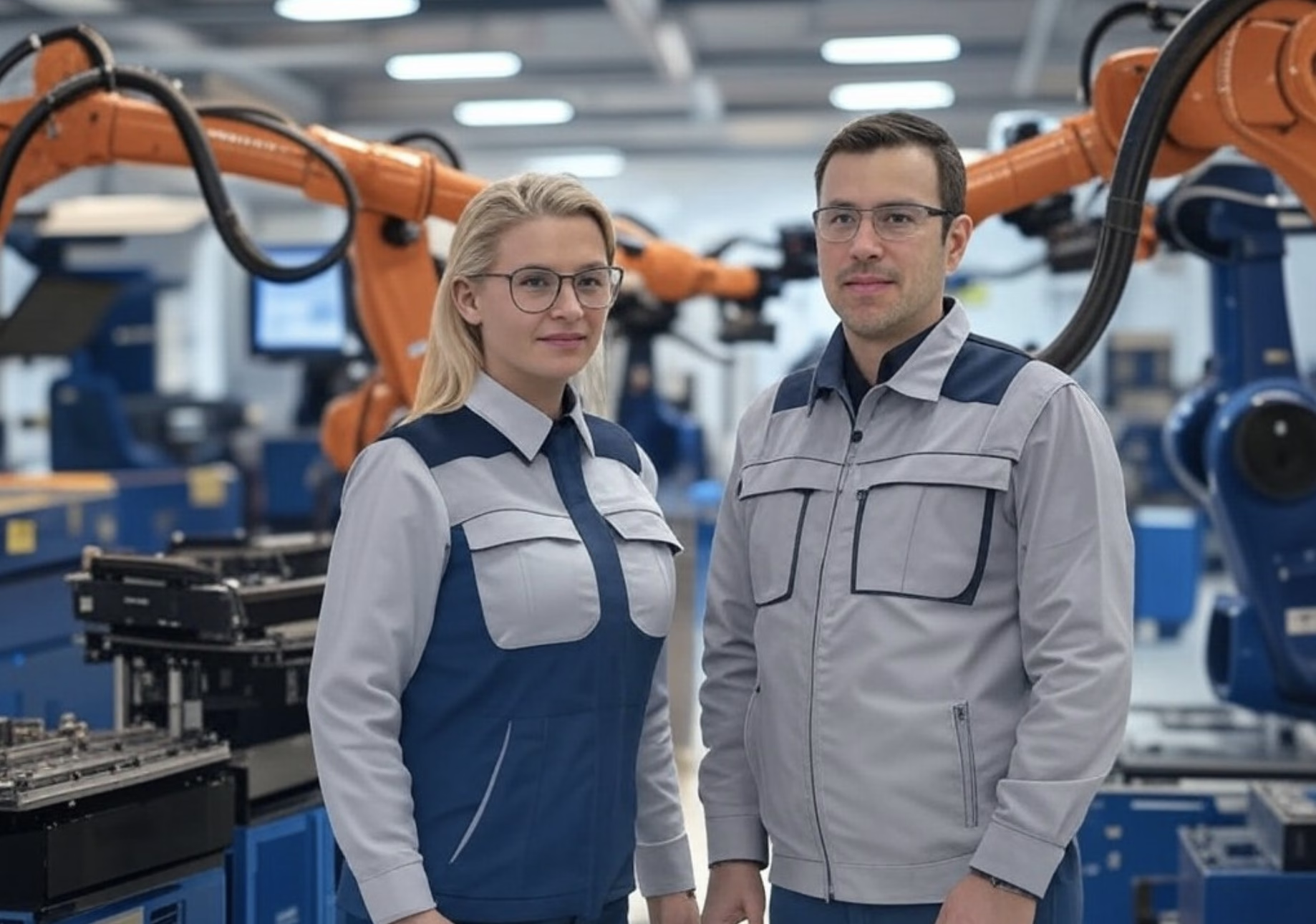Imagine your competitor launching a new product while you’re still stuck in planning mode. By the time you’ve finalised your strategy, they’ve already tested, iterated, and taken the lead. According to McKinsey, businesses that make decisions faster are twice as likely to outperform their competitors in financial performance. The lesson? The risk isn’t in making a wrong decision. It’s in making none at all.
The cost of waiting too long
Avoiding mistakes feels like the safest option, but hesitation is often the real problem. A McKinsey study found that while executives spend nearly 40% of their time making decisions, most of that effort is inefficient. More than half of respondents said their organisations were as likely to make bad decisions as good ones. This suggests that hesitation doesn’t prevent mistakes, it just slows progress. Another study from Oracle found that 72% of business leaders have delayed decisions because they felt overwhelmed by too much data. Instead of enabling action, an excess of information can lead to hesitation. Meanwhile, those who act, even with imperfect information, are already testing, iterating, and improving.
Failing fast: What it really means
Failing fast doesn’t mean making careless decisions. It’s a structured way to test ideas, learn quickly, and improve without wasting time or resources. The longer you wait for certainty, the more opportunities pass you by. The best companies don’t wait. They act, measure, and refine. The idea comes from the ‘Lean Startup’ methodology, which encourages businesses to launch quickly, test assumptions, and adjust based on real-world feedback. Instead of spending months or years perfecting a product, process, or strategy that might not work, you put something out there, gather insights, and improve as you go.
Real-world examples? Ok! Amazon’s Fire Phone was a failure, but it wasn’t wasted effort. The company took what it learned and applied it to the development of Alexa and Echo devices, which went on to define the smart home market. Netflix took the same approach; rather than waiting for streaming to be a sure bet, it experimented with licensing deals, studied customer behaviour, and gradually shifted from DVDs to on-demand content before committing to original productions.
But you don’t need to be a tech giant to work this way. Many businesses use Minimum Viable Products (MVPs) to test ideas before scaling them.
Why MVPs work: Fast delivery, low risk, real results
An MVP is the simplest version of a product or service, designed to test a core idea with minimal investment. It answers the question: Will this actually work? Zappos, for example, started by testing whether people would buy shoes online. Instead of investing in warehouses and logistics, the founder listed products online and only bought them from stores after customers placed orders. That small test proved the concept before any major financial commitment.
This approach isn’t just for products. You can apply it to process improvements, automation, AI initiatives, etc. Instead of overhauling entire systems at once, businesses test small-scale pilots, measure impact, and refine before rolling out company-wide. This reduces risk, avoids unnecessary complexity, and ensures that decisions are based on real-world performance rather than assumptions.
How Sirocco uses MVPs to help businesses move faster
At Sirocco, we use this model to help businesses experiment, iterate, and scale with confidence. Instead of committing to a large, high-risk transformation project, you can deploy an MVP, track results, and adjust before making long-term commitments. Whether you’re introducing AI-powered automation, refining customer engagement strategies, or optimising supply chain processes, this approach ensures that your investments deliver measurable value from day one. The alternative? Getting stuck in endless planning cycles while others move ahead. By testing, learning, and refining as you go, you can make smarter decisions without the risk of standing still.
Overcoming the fear of failure
The biggest barrier to failing fast is the fear of getting it wrong. But mistakes aren’t the issue really. What matters is how a business responds to them. Creating a culture that values learning over perfection makes all the difference. How can organisations like yours shift this mindset?
- Reframe failure as learning. Instead of asking, “What went wrong?” ask, “What did we learn?” Each misstep provides insights that improve future decisions.
- Celebrate smart failures. If an experiment was well-designed and provided valuable data, it wasn’t a failure—it was progress. Teams should be encouraged to test ideas, provided the risks are calculated.
- Create a safe space for experimentation. Leaders should set clear guidelines for risk-taking. Small, controlled failures that lead to learning should be encouraged, while reckless decision-making should be avoided.
Perfection is a trap
Many leaders wait for certainty before acting, but certainty rarely exists. Harvard Business Review has highlighted that in fast-moving industries, the cost of inaction often outweighs the risk of a wrong decision. Agility and the ability to pivot matter more than getting everything right the first time. At Sirocco, we see this in action. The businesses that succeed are those that prioritise progress over perfection. Instead of delaying change in search of a flawless outcome, they implement practical solutions, refine them over time, and build resilience in the process. Whether it’s optimising workflows, streamlining data strategies, or implementing AI, the companies that move first are the ones that gain the advantage.
Decisions drive progress. Not every choice will be perfect, but each one offers valuable insights that shape better strategies. Businesses that act, test, and refine will always be ahead of those still waiting for the ideal moment. The real risk isn’t making the wrong decision. It’s standing still. Sirocco helps businesses take that next step with confidence, combining strategy, technology, and agile methodologies to turn decisions into action. Because real progress comes from moving forward and improving along the way.










